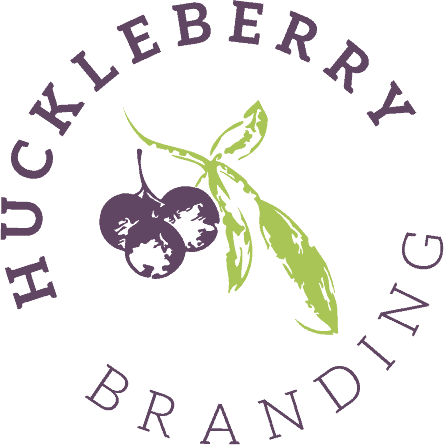Did you know that 46% of Google searches are from consumers looking to find a restaurant, coffee shop, daycare, or gym nearby? While e-commerce has drastically grown in popularity, it doesn’t replace the in-person experience of trying on the perfect pair of jeans or hand-picking a birthday card. So if you’re a local, brick-and-mortar retail store that is not optimizing for “Near Me” Google searches, you’re missing out.
What Is a “Near Me” Search?
“Near me” searches are search queries in search engines, like Google and Bing, for specific products or services near the searcher’s current location. Many of these searches take place by users on the go from their mobile devices, which widens the possible net of searches who would discover your brand online. In addition to the relevancy of your business to the user’s search and the prominence of the business overall, search results are based on the user’s proximity to that location at the time of their search. Often, what results from “near me” searches are map results, which makes optimization of your Google Business listing important. Searchers using “near me” search queries are typically very hot leads who are looking to make an immediate transaction. This makes “near me” searches one of the most important types of search queries for brick-and-mortar stores that rely heavily on foot traffic.
Do “Near Me” Searches Matter?
Google provides the option to choose “near me” so consumers can create their desired experiences, including physical ones! Generally, these searches are used when searching for a local business. When you optimize these searches, your organic traffic will naturally increase. Plus, “Near Me” searches are essential for companies that do not use e-commerce as their primary form of revenue.“Near Me” optimization will help your target consumers find your products or services when they need them the most, resulting in more transactions for your business!
How Do I Optimize for “Near Me” Searches?
We’re glad you asked. While Google itself has some great tips on this already we’ve also Here are two easy ways you can begin to optimize for “Near Me” searches on your own!
1. Make sure your Google Business profile is active and up to date!
- Add all relevant information, including hours of operation, contact information, address, products or services, and company bio and attributes.
- Upload images of your storefront’s interior, exterior, team, and offerings. Add newsworthy posts to your profile, such as upcoming events or promotions.
- Request reviews.
- Verify your profile.
- *It’s important to note that Bing Places is comparable to Google Business. While the majority of users use Google, you don’t want to miss potential customers who might be using Bing as their primary search engine. If you have the capacity, consider updating both Google and Bing if possible.
2. Keep your contact information consistent.
- Be sure that your name, address, and phone number (or “NAP”) are visible and consistent throughout your site and across all third-party listings (think: social media profiles, business directory listings, etc.)
- This information should match what is on your Google Business listing.
- Contact information should be available in your website’s footer and on the “Contact” page.
Now What?
“Near Me” searches can get complex. Here are a few tips you might consider:
- Add Schema Markup: Your data must be structured properly so your site can easily communicate with other search engines. Adding accurate schema will support your SEO rankings.
- Website Load Speed & Performance: Making sure that the pages on your website are loading efficiently is important!
- Obtain Backlinks: Obtaining backlinks and making your site mobile-friendly are two more steps that impact your “Near Me” searches.
Learn More About Optimizing “Near Me” Google Searches
The best practices described above lay the foundation for a solid “near me” search strategy; however, there are additional nuanced criteria that also play a role in where your site ranks for these types of searches. Other more nuanced criteria include:
- Proximity – your business’ location in proximity to the searcher
- Hours of operation – whether your business is open while the user is searching
- Website prominence – volume and frequency of reviews and your own website’s domain authority
There are also a lot of gimmicks and bad advice out there that could hurt your brand more than help it. These “don’ts” include:
- Don’t include the words “near me” in your business name. It doesn’t help in search and is just poor branding practice.
- Don’t solicit fake reviews. You’ll be called out for it, thus hurting your brand’s credibility.
- Don’t fall for spammy backlink practices. Google knows if you’re listed on too many irrelevant or spammy sites and can penalize you for it.
Need SEO Help?
If you need help building your storefront’s foot traffic through organic search but aren’t sure where to start, we’d be glad to help! Check out our SEO services or download our SEO price list to learn more.


